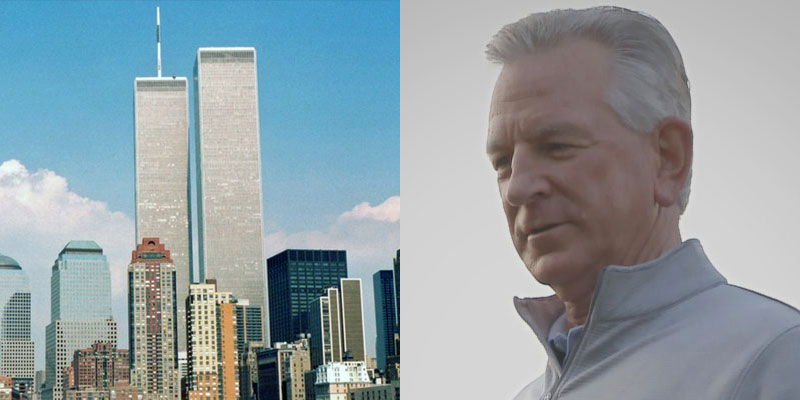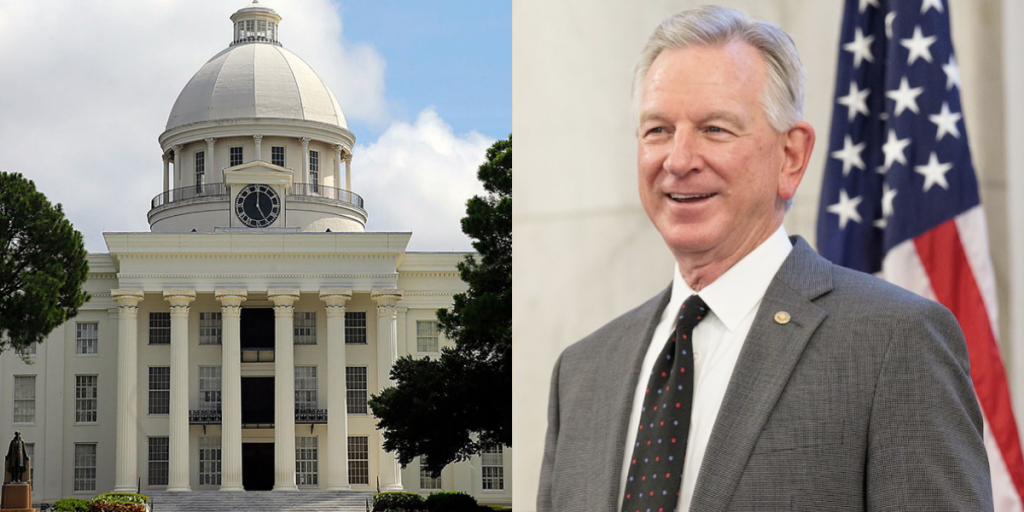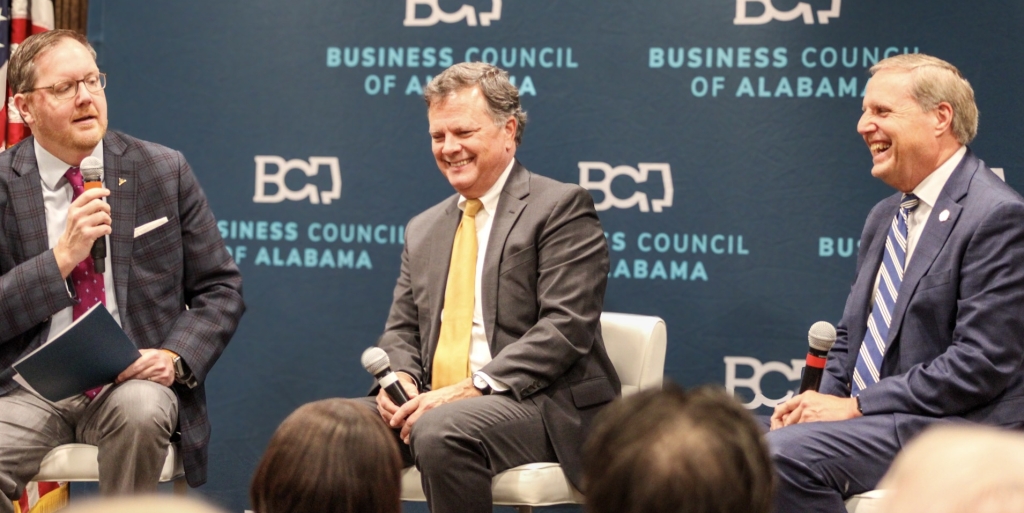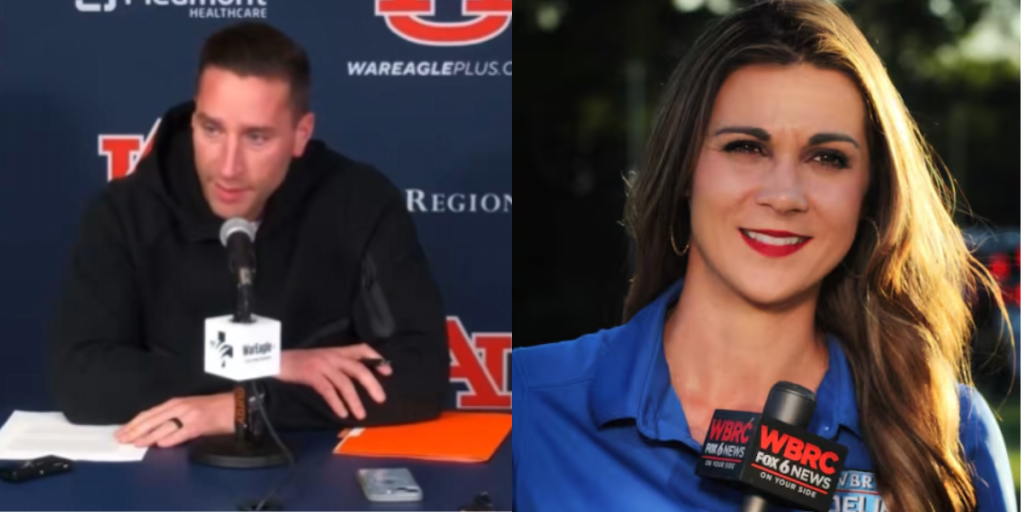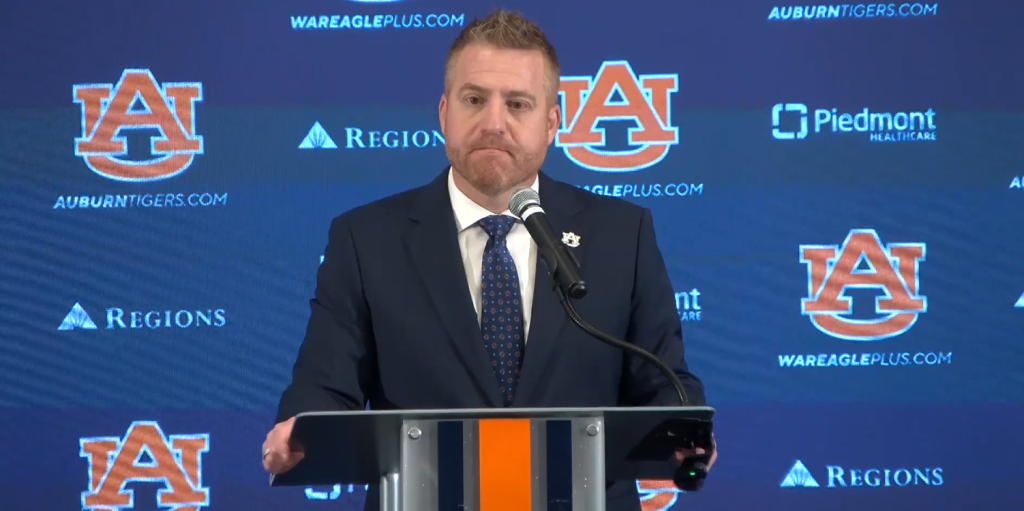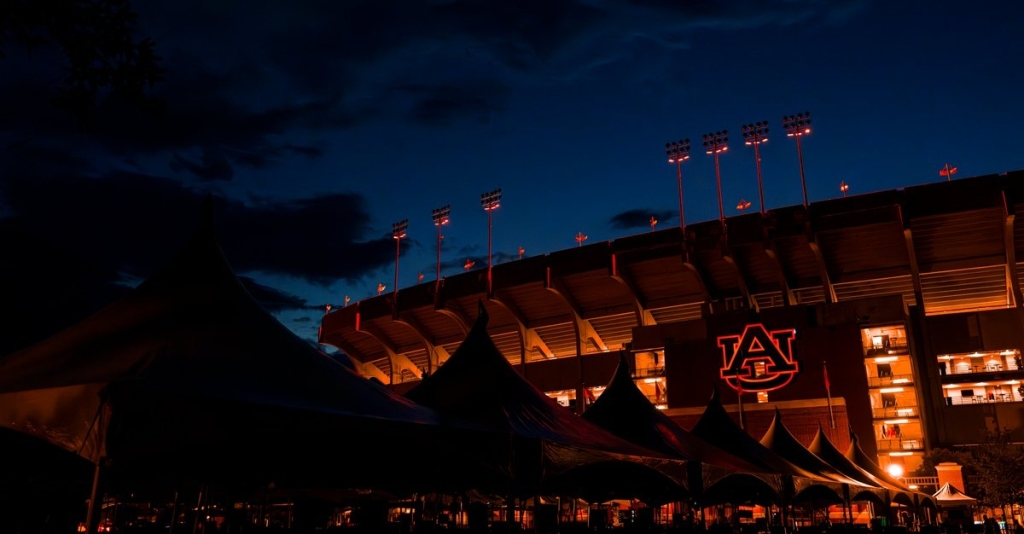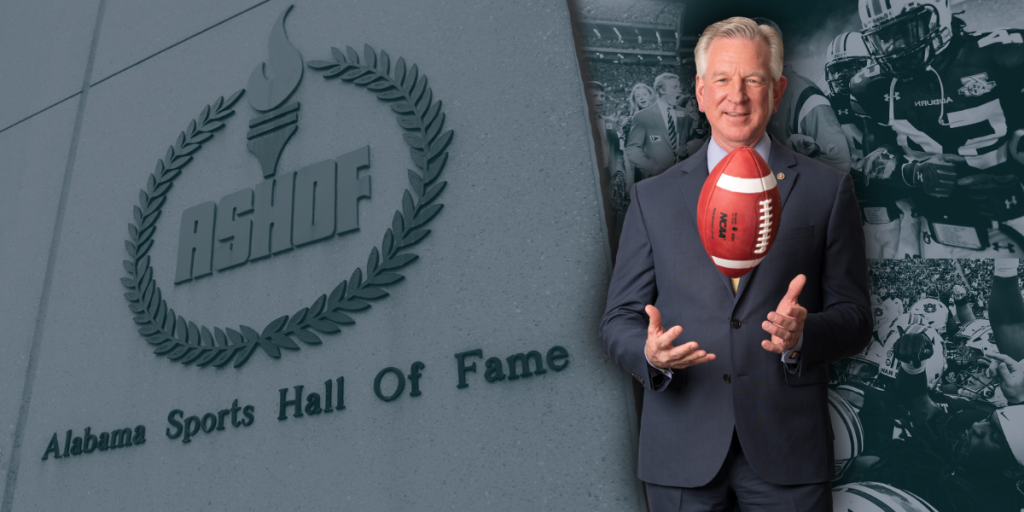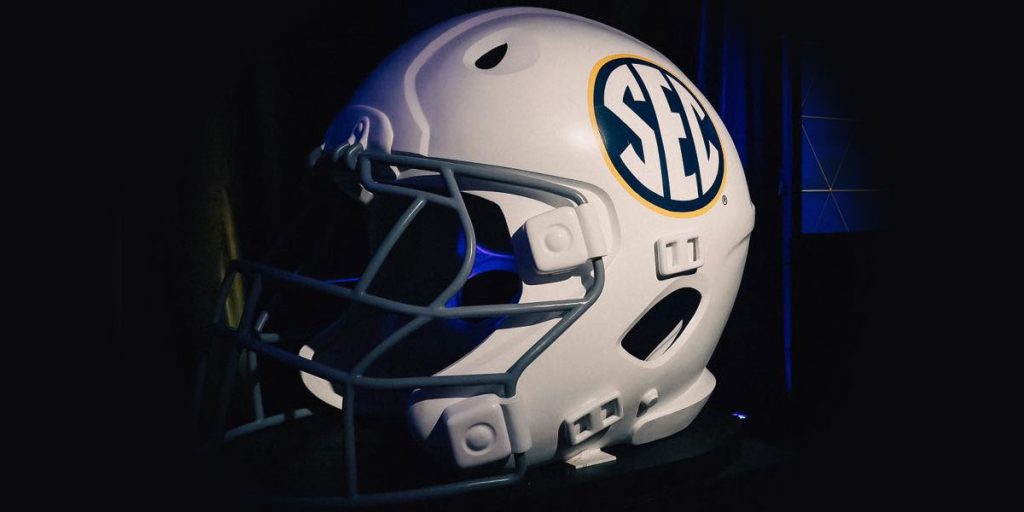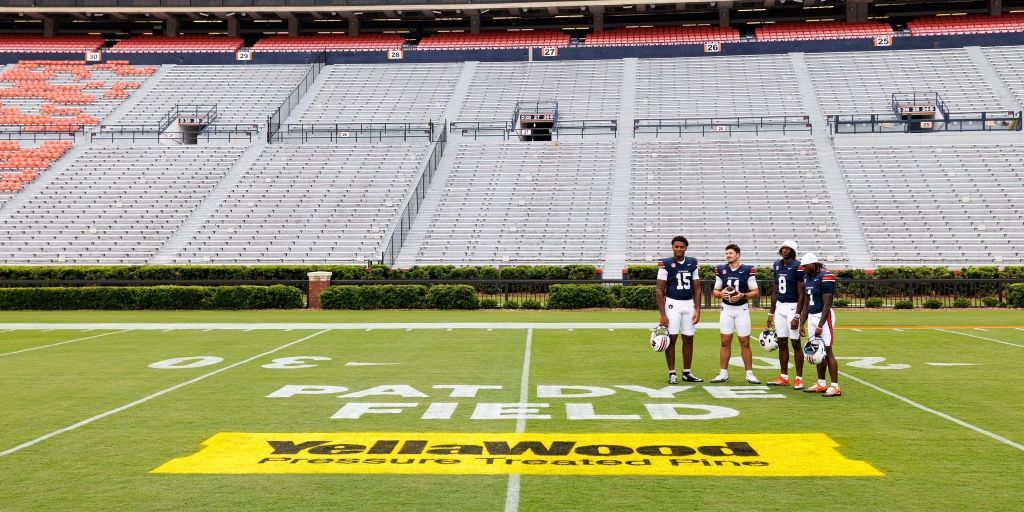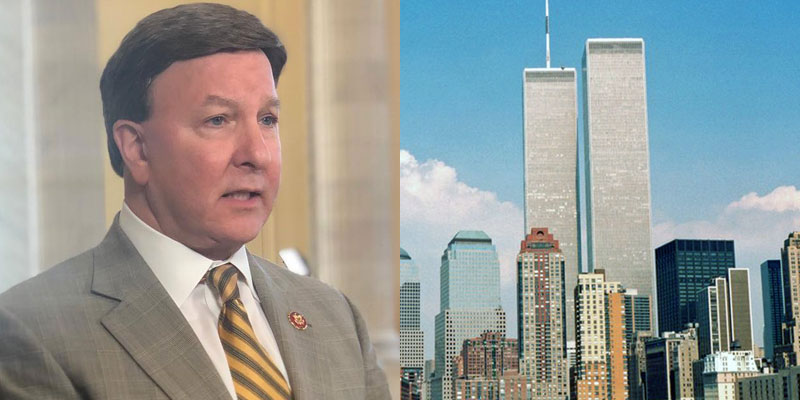For a college football coach preparing to play a division rival the second week of September in 2001, the terrorist attacks on that Tuesday left a lasting impact just like they did for every other American.
“Life changed forever as of that day,” recalled Tommy Tuberville in a conversation with Yellowhammer News.
In his third season leading the Auburn Tigers, Tuberville was in the office early that fateful morning working toward the team’s second game against a Nick Saban-coached LSU squad.
“We won our first game, and we had a good practice on Monday,” Tuberville explained. “Monday, Tuesday and Wednesday we always went to work at 5:00 in the morning. That Tuesday morning was no different.”
Tuberville said it was a game they knew they had to win to have a shot at the division title.
“We were very young,” he remarked. “We had a young Ronnie Brown, Carnell Williams, Jason Campbell; all these guys were young. We knew we were going to be talented, so we worked all summer for this game.”
As Tuberville came out of a meeting, one of the team’s secretaries mentioned that something was going on in New York.
“You were thinking, ‘What the heck? How could someone run into a building accidentally?’” he said.
Like so many people, he was watching in real-time when the second plane hit the World Trade Center towers.
“I went and got all the other coaches and we sat and watched for a while,” stated Tuberville. “When there wasn’t anything we could do, we went into a staff meeting.”
That same secretary soon beckoned the coaching staff back to the television to witness what was unfolding.
Tuberville explained that the images of the towers falling were stark, and the news of the attack at the Pentagon hit close to home. One of Tuberville’s long-time coaches had a son who worked at the Pentagon.
“He was on the phone trying to reach his wife because she was in a panic,” he said. “This kind of went on all day long and the game was forgotten. When the players got done class we had a team meeting. By that time, they had stopped all air travel, and they had canceled the game. There wasn’t anything we could do. Everyone was in kind of a daze.”
When college football got back underway the following week, the Auburn football team was set to take on an opponent in a game with a little extra meaning.
The Tigers headed to New York to face off against Syracuse University.
In the week leading up to the game, Tuberville remembered the questions revolving around the attacks rather than the game, itself.
“It wasn’t about Syracuse and Dwight Freeney, who was a great football player, it was about us going and playing in New York,” he said. “It was going to be a tough chore, we knew that.”
Tuberville stated that the team’s flight to New York was among the first planes back in the air. He called the atmosphere flying “totally different.” Flying their usual chartered Delta flight out of Columbus, Georgia, there were strict bag checks and security unlike anything they had experienced before.
“We fly up, and we get into New York airspace, and I look out on the wings, we had an F-16 on each wing,” stated Tuberville. “It opened our eyes at that point that our world had changed.”
Tuberville immediately noticed the perpetual stream of military planes that were landing, refueling and taking off again at the airport when the team landed.
“It was kind of eerie, to be honest with you,” he described.
For the game the next day, the team was required to get to the stadium almost four hours before kickoff for security reasons. Under the team’s normal routine, they would arrive two hours before the game.
At the game were families of first-responders killed in the attacks, as well as the governor of New York at the time, George Pataki. Pataki and many of the family members spoke to the Syracuse team before the game and participated in an on-field ceremony and prayer before kickoff.
“All the guys on our team learned a lot about our country at that time and the significance of being under attack and how we came together,” offered Tuberville. “That’s one of the few times we have been together as a country in a long time. Everyone pulling together because of the attacks.”
“For a short period of time in this country, everyone was on the same page. For a few months, we were all Americans, and we were all pulling in the right direction,” he concluded. “I would love for us to be able to get to that point as 340 million people like we were at that time.”
Tim Howe is an owner of Yellowhammer Multimedia




